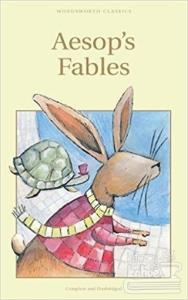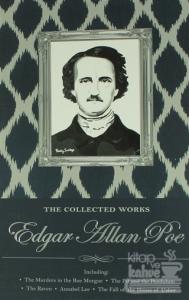
These three wonderful comic novels drolly record the battle between Lucia and Elisabeth Mapp for social and cultural supremacy in the village of Tilling (based on Rye). Their constant skirmishes ensure that every game of bridge, tea or dinner-party, church service, council meeting or art–exhibition are thrilling encounters that ensure Tilling is always on ‘a very agreeable rack of suspense'. Both Elisabeth and Lucia are gross hypocrites, snobs and bullies, the huge differences in temperament and style ensure the battle is usually unequal. Elisabeth is incurably mean-spirited and Lucia suffers from splendid delusions of grandeur and personal prestige. Driven by demons of revenge, Elisabeth always acts impulsively, and therefore every revelation of her meanness allows Lucia, the consummate actress, to kill her ally with a sickening kindness.
In his insightful Introduction Keith Carabine shows that these books are excruciatingly funny because Benson, like Jane Austen, invites the reader to view the world through the self-deluded chronic anger and jaundiced suspicions of Elisabeth and through the self-deluded fabrications and day-dreams of Lucia. Carabine also concentrates on the novels' disturbing, bitchy, ‘camp' humour whenever ‘that horrid thing which Freud calls sex is raised'
These three wonderful comic novels drolly record the battle between Lucia and Elisabeth Mapp for social and cultural supremacy in the village of Tilling (based on Rye). Their constant skirmishes ensure that every game of bridge, tea or dinner-party, church service, council meeting or art–exhibition are thrilling encounters that ensure Tilling is always on ‘a very agreeable rack of suspense'. Both Elisabeth and Lucia are gross hypocrites, snobs and bullies, the huge differences in temperament and style ensure the battle is usually unequal. Elisabeth is incurably mean-spirited and Lucia suffers from splendid delusions of grandeur and personal prestige. Driven by demons of revenge, Elisabeth always acts impulsively, and therefore every revelation of her meanness allows Lucia, the consummate actress, to kill her ally with a sickening kindness.
In his insightful Introduction Keith Carabine shows that these books are excruciatingly funny because Benson, like Jane Austen, invites the reader to view the world through the self-deluded chronic anger and jaundiced suspicions of Elisabeth and through the self-deluded fabrications and day-dreams of Lucia. Carabine also concentrates on the novels' disturbing, bitchy, ‘camp' humour whenever ‘that horrid thing which Freud calls sex is raised'












